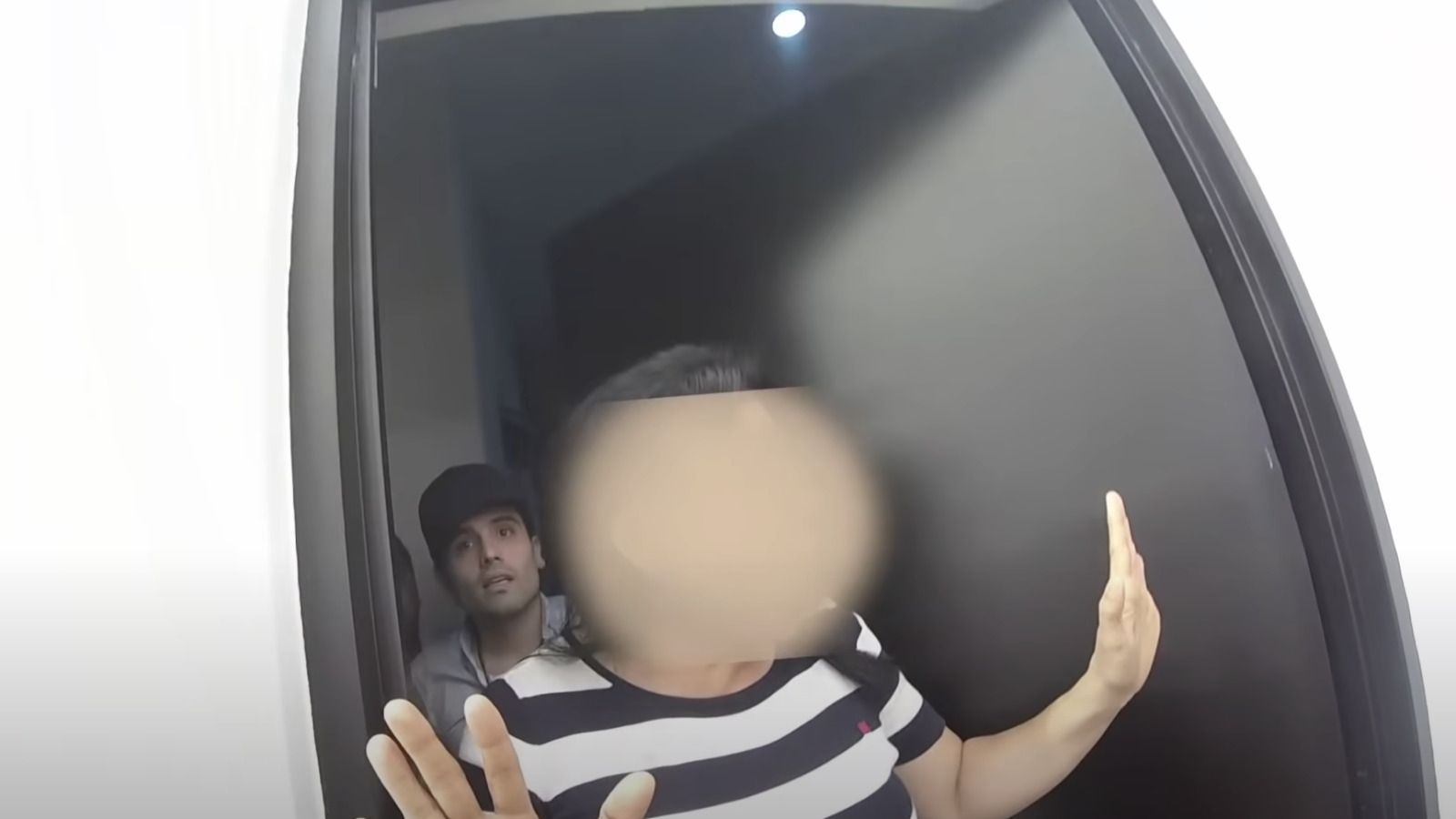Our readers know that I am wholeheartedly against government regulation.
In my opinion, anything they touch dies and the government is either the source of many problems or exacerbates existing issues and inflames various situations.
The drug war is no different and is seen as one of America’s biggest failures—right alongside Vietnam. The U.S. government went to war with drugs and the drugs won.
Today, we are seeing overcrowded jails for non-violent offenders, paramilitary operations in foreign countries, the expansion of state power, billions in funding wasted, and the creation of completely useless agencies like the DEA.
All of this and we are still no closer to solving the issues created by drug addiction and black market cartels—in fact, the war on drugs seems to have only made the problem worse.
Moreover, prescription drugs kill more people every single year than all illicit substances combined—so who are the real cartels, is it the boys in Mexico or the Pfizer corporation?
Still, the government insists that it must regulate everything—including the size and color of your underwear for our own protection.
Statists and government loyalists continue to push the myth that industries and private actors cannot regulate their own industries or their business practices.
From fishing to energy generation and everything in between it must be regulated if we are to maintain peace and prosperity, or so the statists tell us.
However, a new story out of Mexico may fly in the face of the widely accepted myth of necessary state regulation.
Fentanyl is a favorite talking point of politicians who claim that a majority of the deadly substance pours into the country from Mexican cartels—most notably the Sinaloa cartel.
We are currently seeing reports that the Sinaloa cartel has instituted a new policy banning the sale and manufacture of the substance complete with roadside signs and announcements.
One source even claimed that a faction of the cartel was executing dealers who were not complying with the newly issued orders.
Is this all a ploy to achieve some other objective like cornering the market, or has the Sinaloa cartel just proven the point that private entities can regulate themselves independently of the state?
After all, a dead customer is a non-paying customer and there is no business in the history of humanity that does not want a steady supply of repeat customers—it’s simple economics.
Earlier this month, Reuters reported: “A powerful faction of the Sinaloa cartel led by the sons of ex-Mexican drug lord Joaquin ‘El Chapo’ Guzman has banned fentanyl production and sales in Sinaloa, according to roadside banners.”
A powerful faction of the Sinaloa cartel led by the sons of ex-Mexican drug lord Joaquin ‘El Chapo’ Guzman has banned fentanyl production and sales in Sinaloa, according to roadside banners https://t.co/JjqHO9SICB pic.twitter.com/G8EJKqlFxm
— Reuters (@Reuters) October 3, 2023
Metro UK cast doubt on the sincerity of the signs: “Banners purportedly signed by a faction of Mexico’s Sinaloa cartel claim the gang has stopped the sale of and production of synthetic opioid fentanyl and sent a warning to gangs – but it’s not clear whether the message is genuine.”
Banners purportedly signed by a faction of Mexico’s Sinaloa cartel claim the gang has stopped the sale of and production of synthetic opioid fentanyl and sent a warning to gangs – but it's not clear whether the message is genuine. https://t.co/CiMEe19bJf
— Metro (@MetroUK) October 5, 2023
According to ABC News:
“In Sinaloa, the sale, manufacture, transport or any other business dealing with fentanyl, is strictly prohibited, including the sale of chemicals used to produce it,” the banners read. “You have been warned. Respectfully, Los Chapitos.”
Mexican authorities have not confirmed the authenticity of the banners and ABC News was unable to verify that they were in fact issued by Los Chapitos. But sources in the region said the banners are legitimate.
Vice likewise suggested the infamous cartel has ulterior motives: “A number of signs found in Sinaloa suggest El Chapo’s sons have banned fentanyl production—but sources say it is a ploy for more control of the lucrative business.”
A number of signs found in Sinaloa suggest El Chapo's sons have banned fentanyl production—but sources say it is a ploy for more control of the lucrative business.
https://t.co/NiiL7vYNhS— VICE (@VICE) October 4, 2023
Mexican journalist Ioan Grillo explained: “U.S. prosecutors allege the Chapitos (sons of El Chapo) are among the biggest fentanyl traffickers in the world. In banners signed by the Chapitos, they deny it, say fentanyl production is banned in their territory and accuse the government of not going after the true culprits.”
U.S. prosecutors allege the Chapitos (sons of El Chapo) are among the biggest fentanyl traffickers in the world.
In banners signed by the Chapitos, they deny it, say fentanyl production is banned in their territory and accuse the government of not going after the true culprits. https://t.co/jwDNKda3X2
— Ioan Grillo (@ioangrillo) October 2, 2023
VICE provided this statement from one unnamed source:
“There are a lot of other families [of traffickers] who are mad at them because they have been killing a lot of people that used to produce fentanyl on their own and now they want the whole business for them.
But I can tell you, fentanyl production hasn’t stopped in Sinaloa. And it will not stop,” said the cartel source.



Join the conversation!
Please share your thoughts about this article below. We value your opinions, and would love to see you add to the discussion!